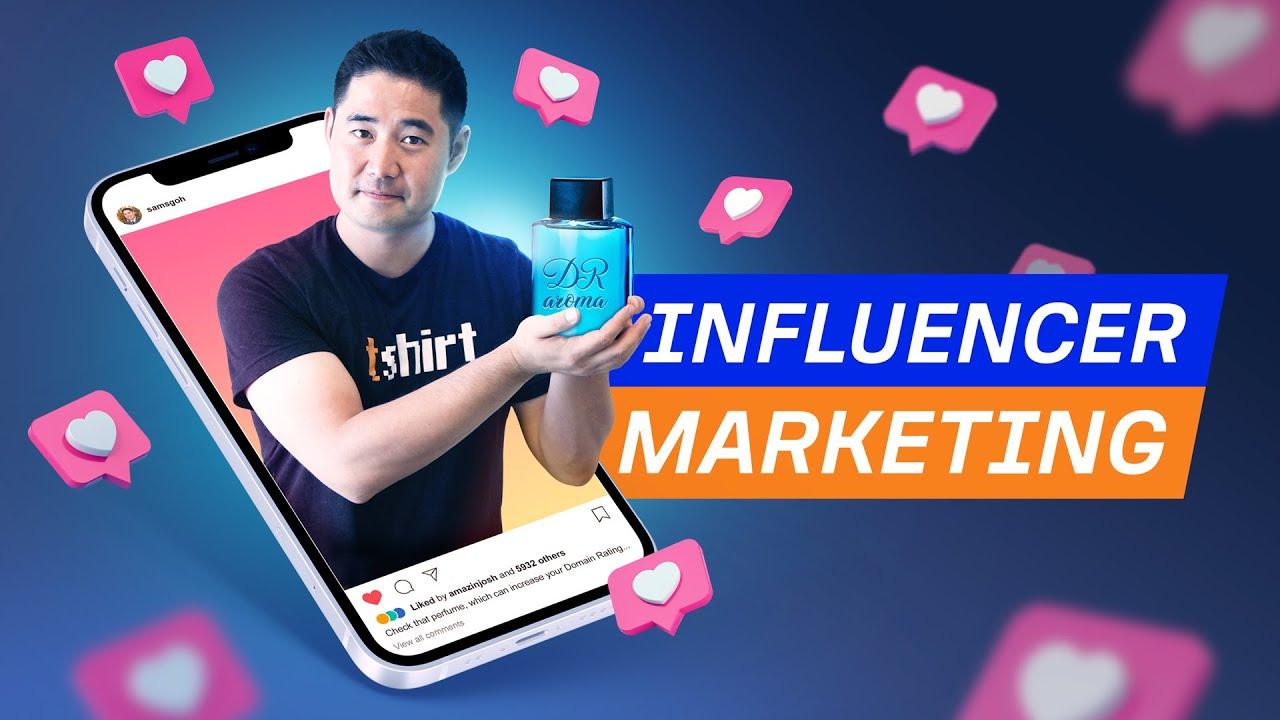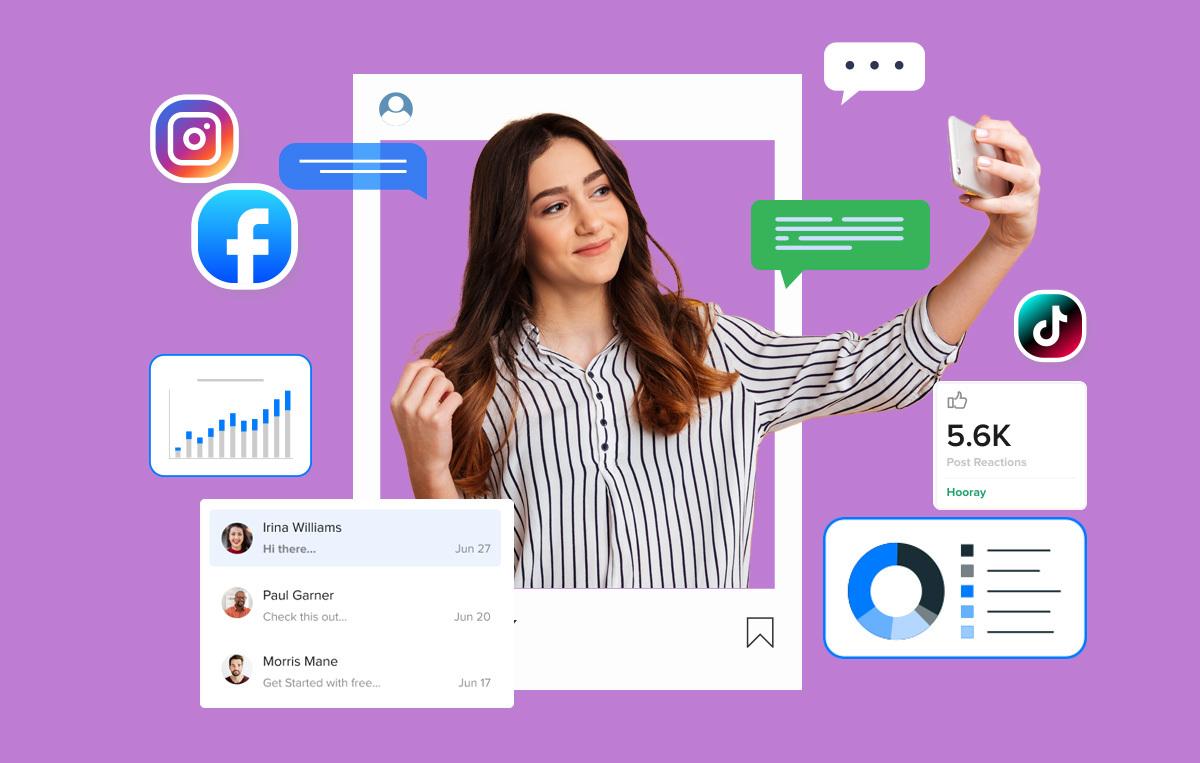
In the dynamic realm of digital marketing, YouTube influencers have emerged as powerful conduits between brands and consumers, shaping trends and driving engagement like never before. Yet, as this burgeoning landscape evolves, so too does the intricate web of laws and regulations that govern it. For both influencers and brands alike,understanding these legal frameworks is no longer optional; it’s a necessity. This article delves into the critical aspects of navigating the complex regulatory surroundings surrounding YouTube influencer marketing,shedding light on essential guidelines,compliance strategies,and best practices to ensure that creativity flourishes within the bounds of legality. Join us as we explore the challenges and opportunities that lie ahead in a space where influence meets obligation.
Understanding the Legal Landscape of Influencer Marketing on YouTube
As influencer marketing continues to gain traction on YouTube, understanding the intricate web of laws and regulations becomes essential for content creators and brands alike. The Federal Trade Commission (FTC) plays a pivotal role in governing these practices, ensuring clarity between influencers and their audiences. This includes the requirement for clear disclosures when content is sponsored or products are endorsed. Failure to comply can result in hefty penalties, tarnishing both personal and brand reputations. It is vital for influencers to notify viewers about paid promotions through direct and unambiguous language, such as using hashtags like #ad or #sponsored prominently in video descriptions or during the actual video.
Beyond the FTC guidelines, influencers must also navigate issues such as copyright infringement and contract law. Collaborations often involve various legal aspects,including licensing agreements with brands and the proper use of music or third-party content within videos. Influencers should consider the following practices to safeguard their interests:
- Creating clear contracts that outline expectations and deliverables.
- Respecting copyright by using royalty-free music or obtaining the necessary permissions.
- understanding fair use principles to avoid potential legal disputes.
In addition, influencers may benefit from consulting with a legal professional specializing in digital marketing to ensure compliance and protect their creative endeavors.

Key Regulations Every YouTuber Should Know for Compliance
Understanding the regulatory landscape is crucial for YouTubers who want to ensure compliance while engaging in influencer marketing. Several key regulations affect content creators, particularly around advertising disclosures, copyright, and data protection. For example, the Federal Trade commission (FTC) mandates that influencers must clearly disclose any sponsored content. This includes using phrases like “Sponsored,” “Paid Partnership,” or “Advertisement” in video descriptions and on-screen graphics. Adhering to these requirements not only builds trust with your audience but also aligns you with legal standards, minimizing the risk of penalties.
Furthermore, YouTubers must also be wary of copyright laws, as using music, visuals, or any third-party content without permission can lead to content removal or strikes against their channel. The use of royalty-free music or content from licensed libraries is advisable. Additionally, creators should familiarize themselves with the General Data protection Regulation (GDPR) if they have viewers from the European Union. This regulation emphasizes the importance of user consent when collecting data from viewers. Below is a simple overview of these regulations:
| Regulation | Key Requirement |
|---|---|
| FTC Guidelines | Disclose sponsored content clearly |
| Copyright Law | Use original or licensed content only |
| GDPR | Obtain viewer consent for data collection |

Building Trust Through Transparency: Best Practices for Disclosure
Understanding the intricacies of disclosure is paramount in YouTube influencer marketing, where trust is the bedrock of accomplished engagement. Influencers should emphasize clarity in their communications, ensuring audiences recognize when content is sponsored or affiliated. Here are some effective practices:
- Use Clear Language: Phrases like “paid partnership,” “sponsored content,” or “affiliate link” should be prominently featured in both the video and its description.
- Visual Cues: Incorporate on-screen text or graphics that explicitly state the sponsorship at the beginning of the video to capture immediate attention.
- Consistent Messaging: Maintain transparency across all platforms, whether it’s on Instagram, TikTok, or YouTube, to build a cohesive brand narrative.
Moreover, establishing guidelines within your content creation process can significantly enhance your credibility. Adopting a structured approach may include the use of a simple checklist to ensure compliance with disclosure regulations. Below is a sample framework:
| Checklist Item | Status |
|---|---|
| Are all sponsored messages clearly disclosed? | ✔️ |
| is there a prominent disclosure in the video description? | ✔️ |
| Are visual disclosures consistent across platforms? | ✔️ |
| Have all partnerships been reviewed for compliance? | ✔️ |

Protecting your Brand: Navigating Copyright and Content Ownership Issues
In the fast-paced world of YouTube influencer marketing, understanding copyright and content ownership issues is essential for protecting your brand’s integrity. Influencers regularly create and share content, but this often leads to confusion about who holds the rights to that content. To safeguard your interests,consider implementing the following strategies:
- Clear Contracts: Draft agreements that specify ownership rights of any content created during collaborations.
- Licensing Arrangements: Establish licensing terms that allow for specific uses of the influencer’s content while retaining ownership.
- Content Monitoring: Regularly monitor platforms to ensure that your brand’s content is not being misused or misrepresented.
Moreover, understanding the nuances of copyright law can drastically mitigate potential legal issues. The following table outlines key copyright elements relevant to content creators:
| element | Description |
|---|---|
| Originality | content must be original and possess a minimum degree of creativity. |
| Fixation | Content needs to be fixed in a tangible medium, such as video or digital files. |
| duration | Copyright typically lasts for the creator’s lifetime plus 70 years. |
By proactively addressing these issues, brands can maintain a harmonious relationship with influencers while protecting their rights in a complex digital landscape.
In Conclusion
As we conclude our exploration of the intricate landscape of laws and regulations governing YouTube influencer marketing, it becomes clear that understanding these frameworks is indispensable for any aspiring influencer. Navigating this multi-faceted environment not only protects your brand’s integrity but also fosters trust and transparency with your audience. Whether you are a budding creator or an established influencer, the rules of engagement evolve constantly, reflecting the dynamic nature of digital media.
By staying informed and adhering to legal guidelines, you not only safeguard your creative endeavors but also contribute to a culture of accountability that can elevate the entire influencer marketing ecosystem. The journey may seem daunting, yet it offers a promise of authenticity and connection in a world where voice and vision hold immense power. In doing so, influencers can position themselves not just as marketers but as advocates for ethical practice in this vibrant digital marketplace.
As you embark on your own influencer journey, remember: knowledge is your greatest ally. Embrace it, share it, and watch as your influence flourishes within the bounds of creativity and compliance. Happy influencing!